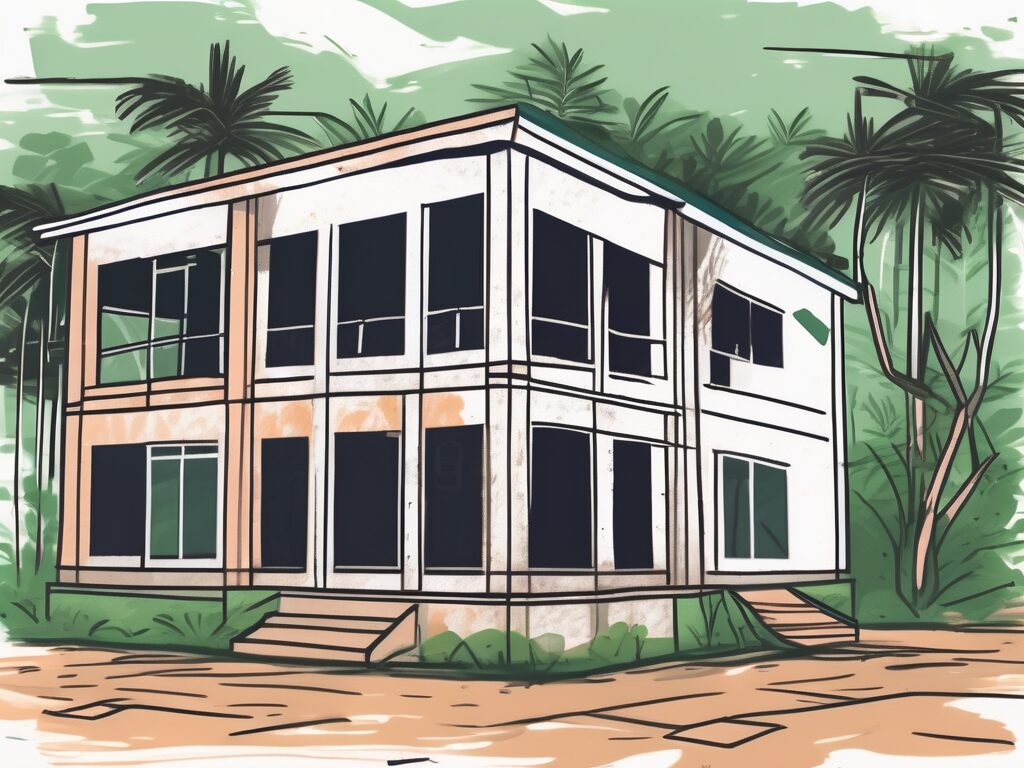Cambodia, a Southeast Asian nation known for its rich cultural heritage and historical significance, has been grappling with a multitude of challenges in its education system. Despite significant strides in recent years, numerous obstacles continue to impede the progress of education in this country. This blog post delves into the various challenges that the Cambodian education system faces, offering a comprehensive overview of the issues at hand.
Infrastructure and Resources
Lack of Infrastructure
One of the primary challenges that the Cambodian education system faces is the lack of adequate infrastructure. Many schools, particularly in rural areas, are bereft of basic facilities such as clean drinking water, electricity, and sanitation facilities. This is akin to the situation in several developing countries where rural areas often lag behind urban centres in terms of infrastructure development.
Moreover, many schools are constructed from makeshift materials, making them susceptible to damage from natural disasters. This lack of sturdy, well-equipped school buildings can significantly impact the quality of education provided.
Insufficient Resources
Alongside the infrastructural issues, there is also a severe shortage of resources. Many schools lack essential teaching aids like textbooks, computers, and other learning materials. This is somewhat reminiscent of the early days of the British education system, where resources were scarce and often outdated.
Furthermore, the student to teacher ratio in many Cambodian schools is alarmingly high, leading to overcrowded classrooms and a lack of individual attention for students. This is a stark contrast to countries like Finland, where the student to teacher ratio is one of the lowest in the world, contributing significantly to the high quality of education.
Quality of Education
Low Literacy Rates
Despite efforts to improve education, Cambodia still grapples with low literacy rates, particularly among adults. This is a pressing issue, as literacy is a fundamental skill that forms the basis for further learning and development. The situation is somewhat similar to that in several African countries, where adult literacy rates remain low.
Furthermore, the quality of education in Cambodia is often compromised due to a lack of trained teachers. This is a challenge that many developing countries face, where the demand for qualified teachers far outstrips the supply.
High Dropout Rates
Another significant challenge is the high dropout rate among Cambodian students. Many children are forced to leave school prematurely due to economic constraints or to help with family responsibilities. This is a common issue in many developing countries, where poverty often forces children out of school and into work at a young age.
Moreover, the transition rate from primary to secondary school in Cambodia is alarmingly low. This indicates a significant gap in the education system, as many students are unable to continue their education beyond primary school.
Policy and Governance
Insufficient Funding
Like many developing countries, Cambodia faces the challenge of insufficient funding for education. The education budget is often stretched thin, leading to compromises on infrastructure, resources, and teacher salaries. This is a stark contrast to countries like Norway, which invests heavily in education, resulting in a high-quality, well-resourced education system.
Furthermore, corruption and mismanagement of funds can exacerbate the issue of insufficient funding, leading to further disparities in the quality of education provided.
Policy Implementation
While Cambodia has made efforts to improve its education system through various policies, the implementation of these policies often falls short. This is a common issue in many countries, where well-intentioned policies fail to make a significant impact due to poor implementation.
Moreover, there is often a lack of coordination between different levels of government, leading to inconsistencies and inefficiencies in the education system. This is a challenge that many countries face, highlighting the importance of effective governance in education.
In conclusion, while Cambodia has made significant strides in improving its education system, numerous challenges remain. Addressing these issues will require concerted efforts from all stakeholders, including the government, educators, parents, and students. By doing so, Cambodia can work towards providing a high-quality, inclusive education for all its citizens.
Empower Your Teaching Career with IPGCE
As Cambodia strives to overcome the hurdles within its education system, educators have the power to become catalysts for change. If you’re an educator looking to enhance your qualifications, elevate your career, and join a global community of professionals, the International Postgraduate Certificate in Education (iPGCE) is your gateway to success. With the iPGCE, you’ll experience a significant increase in interview callbacks, promotion rates, and salary, while gaining invaluable insights into international curricula. Embrace the opportunity to balance professional development with your current commitments through our flexible online study options. Join the UK’s #1 Teacher Training Course today and transform your potential into progress.

